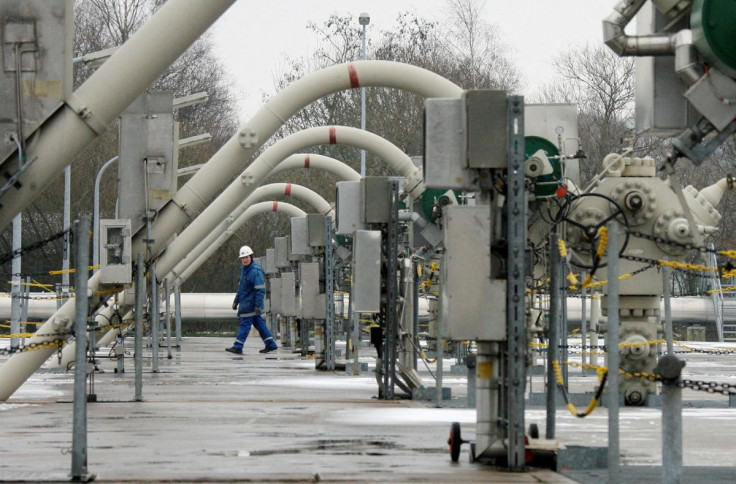EU Wants To Make Countries Fill Gas Storage Before Winter - Draft

The European Union wants to require countries to fill natural gas storage ahead of each winter, to help bolster stocks and cope with supply disruptions, according to a draft document seen by Reuters.
European gas prices soared to record highs last year as tight supply collided with surging demand fuelled by economic recovery from the COVID-19 pandemic. Prices remain high amid a stand-off between Ukraine and Russia, Europe's top gas supplier.
The European Commission will on March 2 propose steps to make Europe's energy system more resilient in the face of supply shocks or price spikes.
"The Commission proposes a legal requirement for Member States to ensure a minimum level of storage by 30 September every year," a draft of the Commission document said.
The Commission said companies were unlikely to store enough gas based on market incentives alone, since gas prices are expected to remain high at least until the end of this year.
The proposal, which could change before it is published, also urged countries to set minimum levels for companies owning storage facilities in their territory and said governments can offer financial incentives to do this.
Firms tend to replenish gas storage outside of the winter heating season - since wholesale gas prices and demand typically drop in the summer season.
That did not happen last year, and Europe's gas storage is currently 32% full compared with about 40% a year ago.
The EU imports around 90% of the gas it consumes, with roughly 40% supplied by Russia.
Governments in most of the EU's 27 countries have already implemented measures to shield consumers from rising energy bills, including tax cuts and subsidies for low-income households.
The Commission document said the lasting solution that would limit countries' exposure to costs of fossil fuel imports is to invest in renewable energy and reduce energy consumption - by renovating buildings or using more energy-efficient industrial processes - as planned under the EU's climate change targets.
© Copyright Thomson Reuters {{Year}}. All rights reserved.




















